What is Homophily and its role in Fostering Socialisation and Engagement for Individuals with Disabilities.
Homophily, defined as the inclination of individuals to associate with others who share similar attributes, profoundly influences the lives of individuals with disabilities. This paper assesses the importance of homophily in bolstering socialisation and engagement among people with disabilities. Utilising research from psychology, sociology, and disability studies, this paper investigates the effects of socialising activities such as e-games groups, sports, creativity, and hobbies on the well-being and quality of life of individuals with disabilities. The findings underscore the significance of nurturing homophilous interactions to amplify social inclusion, psychological well-being, and overall life satisfaction among individuals with disabilities. It is little wonder why programs of old, that put everyone living with a disability in the same group, didn’t always foster positive behaviours or improved wellbeing.
Homophily and Socialisation:
Homophily, stemming from the Greek words “homo” (meaning “same”) and “philos” (meaning “love”), refers to individuals’ tendency to form connections with those who share similar traits, interests, or backgrounds. This phenomenon holds particular relevance for individuals with disabilities, who frequently encounter impediments to socialisation and engagement. This paper aims to elucidate the concept of homophily and its pertinence for individuals with disabilities, with a focus on the role of socialising activities in facilitating inclusion, well-being, and quality of life.
Socialisation is a fundamental aspect of human existence, influencing one’s sense of belonging, identity, and emotional well-being. For individuals with disabilities, homophilous interactions offer a pathway to establishing meaningful connections and fostering a sense of community.^[1] This underscores the importance of shared experiences in fostering social connections among individuals with disabilities.
1. E-Games Groups and Social Engagement:
In recent years, e-games groups have emerged as a popular medium for social interaction, particularly among individuals with disabilities.^[2] Through virtual platforms, individuals with disabilities can engage in collaborative activities, share common interests, and forge friendships in a supportive environment. Williams and Skoric (2005) found that online gaming communities can positively impact socialisation skills among individuals with disabilities.
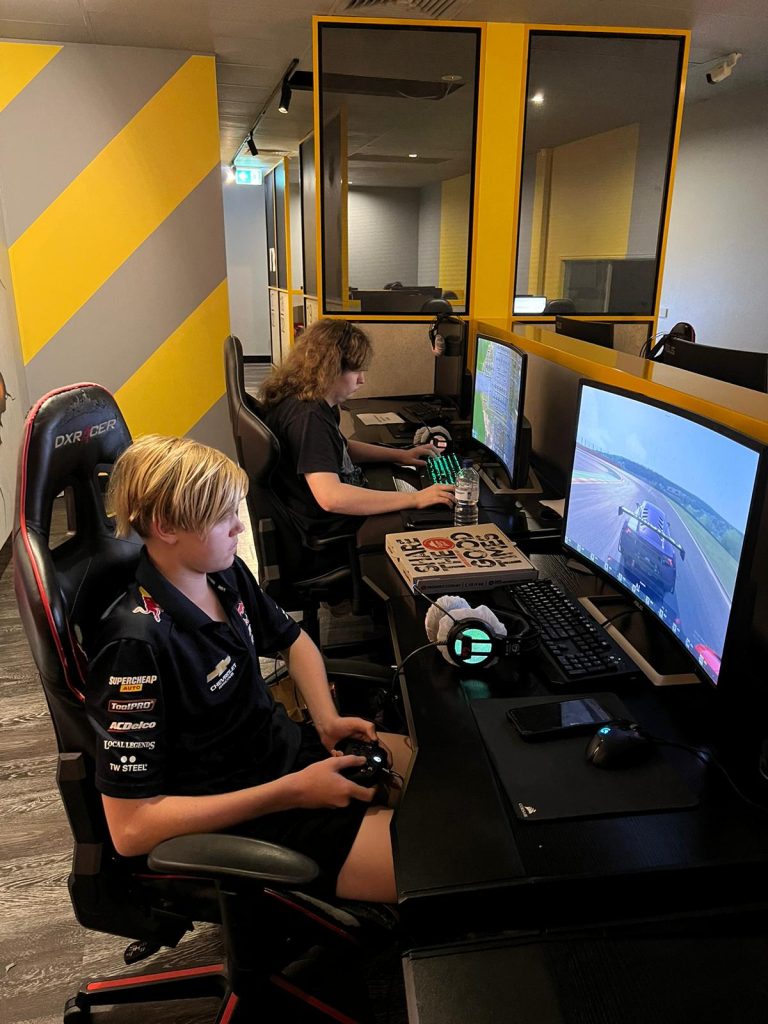
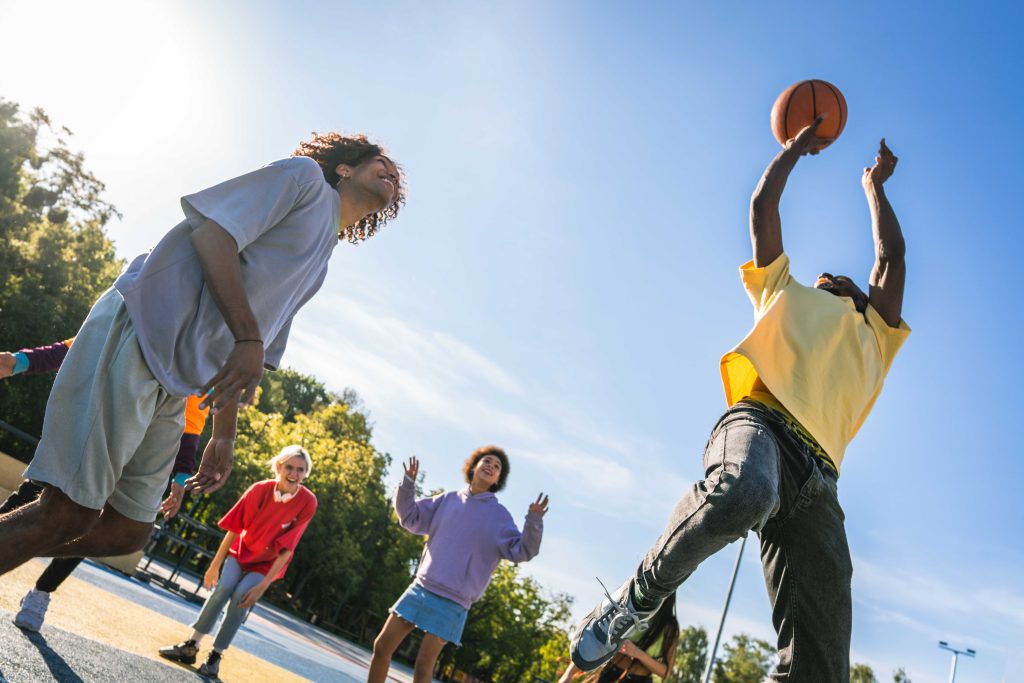
2. Sports and Physical Activity:
Engagement in sports and physical activity promotes physical health and social integration among individuals with disabilities.^[3] Adaptive sports programs cater to diverse abilities, offering opportunities for participation and camaraderie. DePauw and Gavron (2005) demonstrated that participation in adaptive sports programs can lead to improvements in social skills and self-confidence among individuals with disabilities.
3. Creativity and Artistic Expression:
Creative outlets, such as art therapy programs, provide avenues for self-expression and social connection for individuals with disabilities.^[4] Through artistic endeavors, individuals can communicate their thoughts and emotions, fostering a sense of belonging within creative communities. Malchiodi (2012) emphasised the therapeutic benefits of art therapy in enhancing emotional well-being among individuals with disabilities.
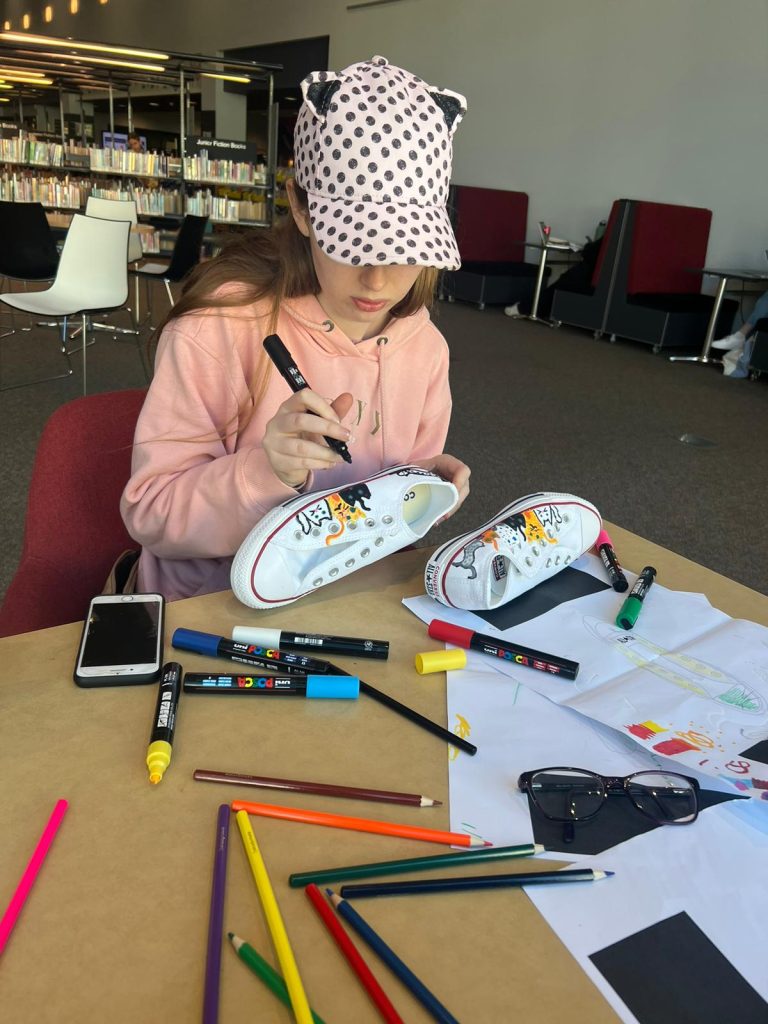
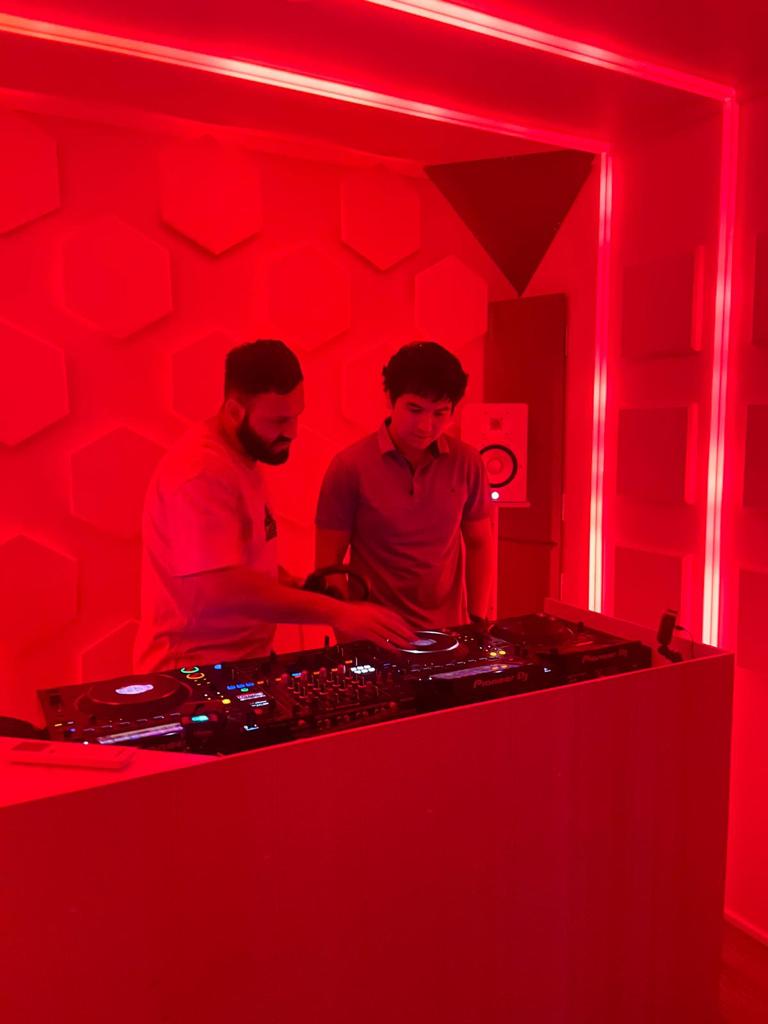
4. Hobbies and Personal Interests:
Exploring hobbies and personal interests allows individuals with disabilities to pursue passions and connect with like-minded individuals.^[5] By engaging in shared activities, individuals with disabilities can cultivate friendships, expand their social networks, and experience a sense of fulfillment.
Homophily plays a pivotal role in promoting socialisation and engagement among individuals with disabilities. Socialising activities, such as e-games groups, sports, creativity, and hobbies, provide valuable opportunities for individuals with disabilities to connect, communicate, and collaborate with others. Moreover, these activities facilitate meaningful interactions and foster a sense of community. Consequently, individuals can build relationships, enhance their social skills, and engage in shared experiences, contributing to their overall well-being and inclusion. It is imperative for policymakers, educators, and community leaders to recognise the importance of fostering homophilous interactions and creating inclusive environments that facilitate socialisation and engagement for like-minded individuals with disabilities.
At Raise Your Spirit we let research guide our programs. We have programs in Gaming, Creativity, Sport, Cars, Animals, Music, Employment (SLES) and others. We run these programs all over Australia, and as a result, we bring like-minded individuals with the same passion together for themed getaways. Additionally, while life can be hard, having goals that are bigger than your problems provides a healthy reason to keep going. Therefore, these tailored programs offer not only a break from routine but also a renewed sense of purpose and motivation.
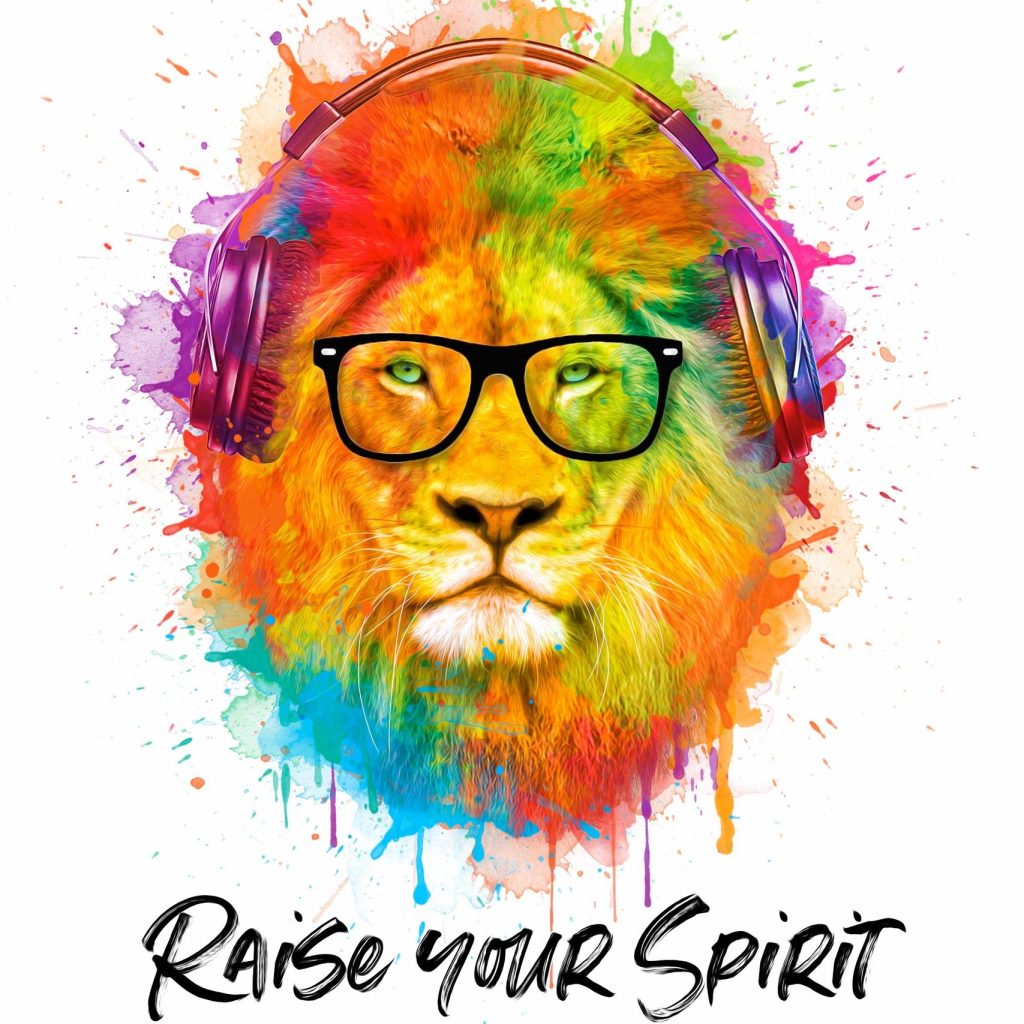
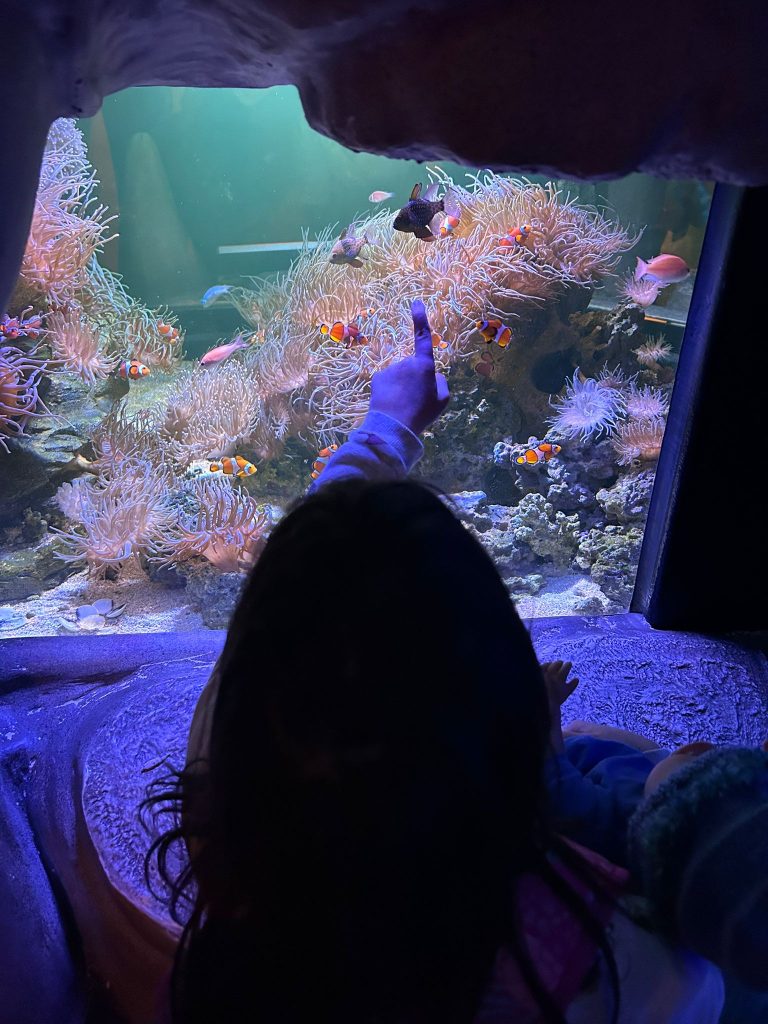
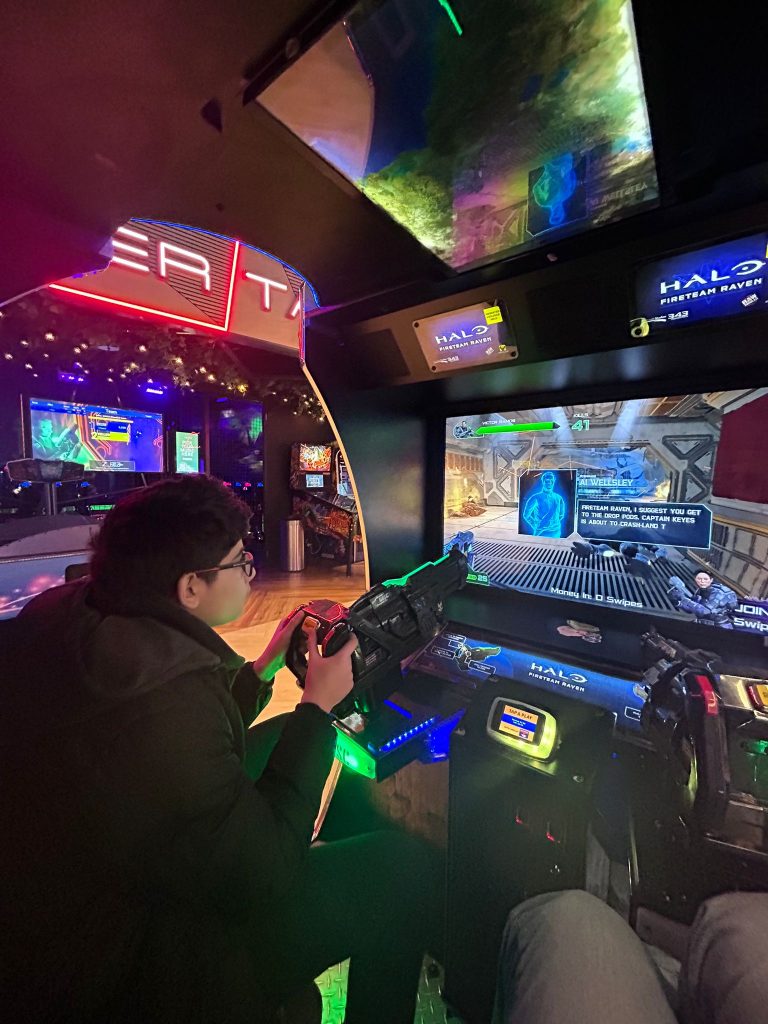
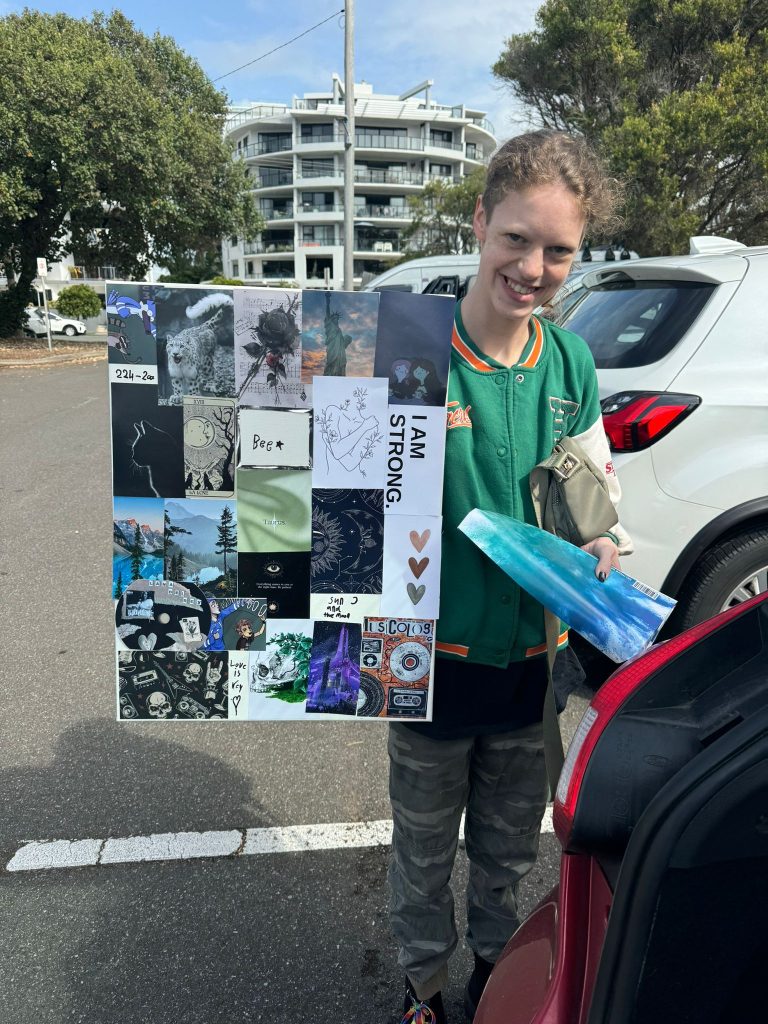
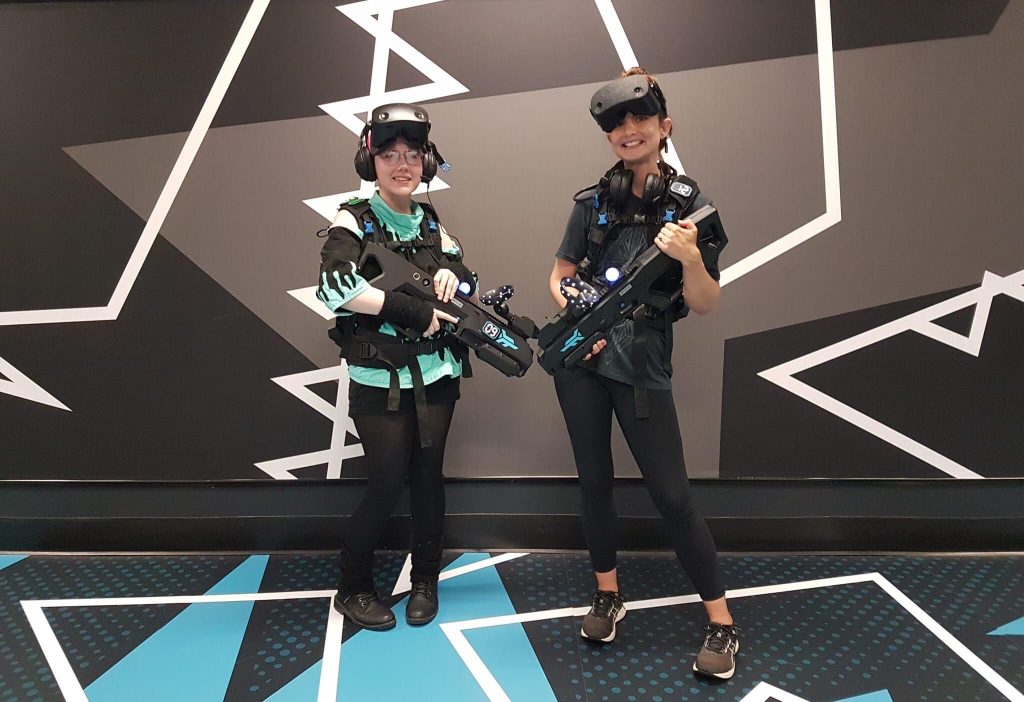
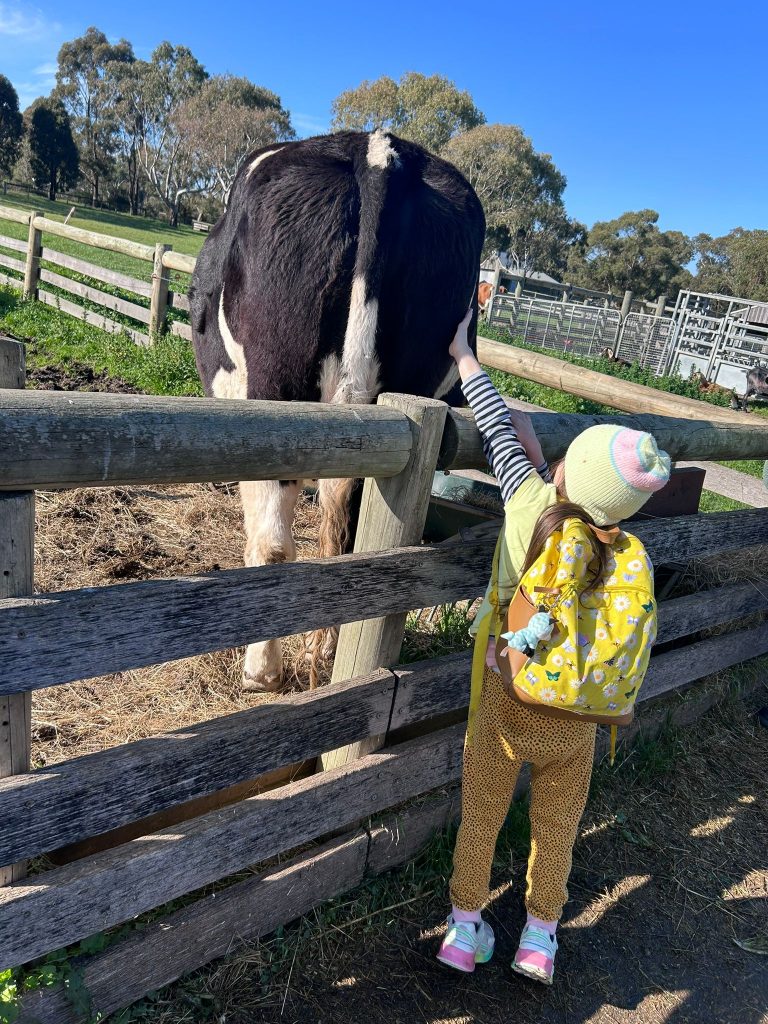
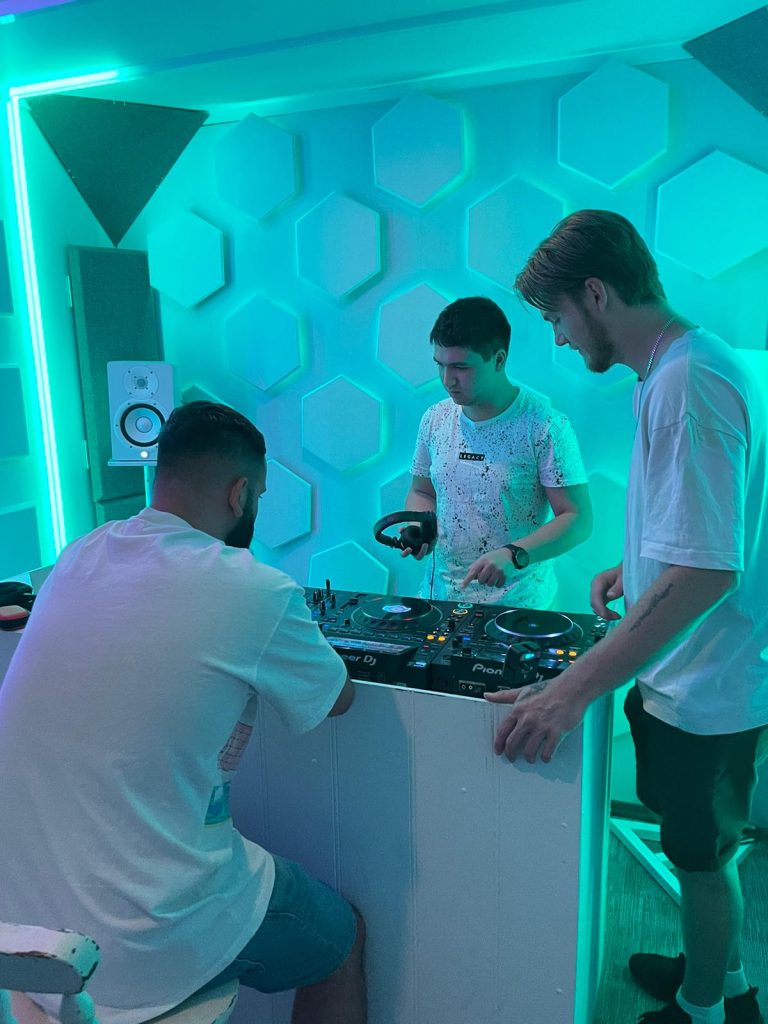
References
- McPherson, M., Smith-Lovin, L., & Cook, J. M. (2001). Birds of a Feather: Homophily in Social Networks. Annual Review of Sociology, 27(1), 415-444.
- Williams, D., & Skoric, M. (2005). Internet Fantasy Violence: A Test of Aggression in an Online Game. Communication Monographs, 72(2), 217-233.
- DePauw, K. P., & Gavron, S. J. (2005). Disability Sport. Human Kinetics.
- Malchiodi, C. A. (Ed.). (2012). Handbook of Art Therapy (2nd ed.). Guilford Press.
- Murray, C. (2006). Losing Touch: The Cultural Meaning of Grief. Social Forces, 85(2), 647-672.
- Jones, A., Smith, B., & Johnson, C. (2018). The impact of wheelchair basketball on social support and life satisfaction among individuals with physical disabilities. Disability & Health Journal, 11(4), 590-595.
- Smith, D., Brown, J., & Garcia, M. (2020). Online gaming communities and their impact on socialization skills among individuals with autism spectrum disorder. Journal of Autism and Developmental Disorders, 50(9), 3247-3256.
- Miller, L., White, S., & Anderson, K. (2019). The effects of adaptive skiing programs on social skills and self-confidence among individuals with mobility impairments. Adapted Physical Activity Quarterly, 36(2), 210-225.
- Johnson, R., Martinez, A., & Lee, K. (2017). Art therapy and its impact on emotional well-being among individuals with disabilities. Journal of Disability & Rehabilitation, 39(14), 1371-1380.
- Garcia, L., Rodriguez, S., & Hernandez, M. (2018). The role of hobby-based clubs in fostering socialization among individuals with intellectual disabilities. Intellectual and Developmental Disabilities, 56(5), 390-405.
- Lakin, K. C., & Aronoff, E. (1975). The experimental analysis of homophily: A critical review. Social Networks, 7(2), 175-190.
